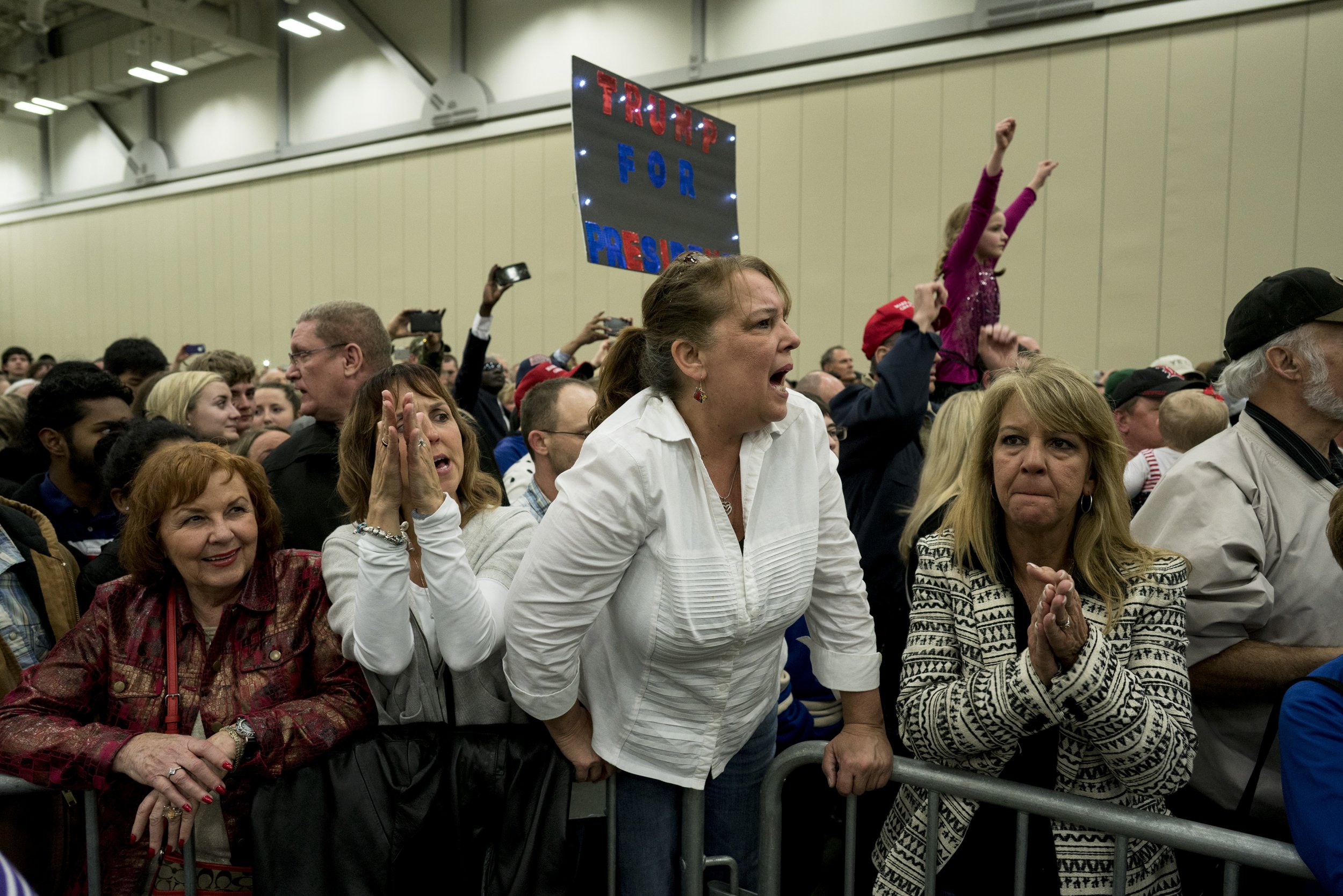
This article first appeared on the Brookings Institution site.
In the past six years, Republican congresses voted more than 60 times to repeal Obamacare. And repeal of Obamacare was the leading issue on the Republican side in both the 2014 and the 2016 congressional elections.
The cliché of the month is that the Republican Party is like the dog who caught the bus and doesn't know what to do with it. As one observer remarked, it may be even worse than this: the dog is now driving the bus.
Republicans have had six years to prepare an alternative to Obamacare, and they still don't know what to do about health care. Asked about this issue, Senator Bob Corker (R-Tenn.) said that he has "no idea" when Republicans would start drafting an alternative to Obamacare and reported that "There's not any real discussion taking place right now."
The Republicans have a lot of tough policy issues to address. And as a recent Gallup survey shows, they also have a political problem that will make these challenges even harder.
As part of the promised replacement for Obamacare, Republicans led by Speaker Paul Ryan are determined to transform Medicaid into a block grant, strip it of most federal regulations and send it to the states. Over a decade, this would result in a huge cut in overall Medicaid spending, forcing the states to reduce benefits and coverage.
But here's the political problem: the states that Donald Trump carried in 2016 disproportionately benefitted from the expansion of Medicaid that was one of the building-blocks of Obamacare, and they will suffer disproportionately from Medicaid cuts.
Related : Robert Reich: Repealing Obamacare Makes the Rich Richer
Between 2013 and 2016, Gallup finds, the three states with the largest percentage point reductions in their populations without healthcare coverage were Kentucky, Arkansas, and West Virginia.
Uninsured 2013 (percent) Uninsured 2016 (percent) Change (pct pts)
Kentucky 20.4 7.8 -12.6
Arkansas 22.5 10.2 -12.3
West Virginia 17.6 6.1 -11.5
All three of these states exercised their option under Obamacare to expand Medicaid coverage to larger shares of their population. All three have large populations of poor and near-poor working class voters, the main beneficiaries of Medicaid expansion. They supported Donald Trump in droves. He carried Kentucky by 30 points, Arkansas by 27 and West Virginia by 40.
This is more than an abstract statistical fact. West Virginia's Republican senator, Shelley Moore Capito, recently remarked that "There's talk of just totally excluding . . . Medicaid expansion. That's 184 thousand people in my state. That's problematic."
West Virginia, Kentucky, and Arkansas are part of a broader pattern. Of the 30 states Trump won, 13 chose to participate in the Medicaid expansion, while 17 opted not to do so.
A calculation based on the Gallup data shows that the 13 participating states enjoyed an average reduction of 8.4 percentage points in their uninsured rates, compared to only 5.0 points for the 17 nonparticipating states. Equally significant, the participating states average a reduction of fully 50 percent in their uninsured rates, compared to only 28 percent for the non-participating states.
The bottom line is this: the Medicaid changes that congressional Republicans advocate will reduce benefits and eliminate coverage for millions of Americans who voted for Donald Trump. These voters believed the promise, made during the campaign and reiterated after his victory, that they would not lose coverage under Trump's plan to replace Obamacare.
They expect him to redeem this promise, along with his pledge that those with preexisting conditions would not be excluded from coverage, as they were until Obamacare became the law of the land.
Meeting these tests would compel congressional Republicans to retain at least some of the features of the health care plan they have sworn to undo since it was passed seven years ago. This is why some of their leaders, such as Lamar Alexander (R-Tenn), the chair of the Senate Health, Education, Labor and Pensions Committee, are urging them to "repair" rather than "replace" Obamacare.
This would be a bitter pill for conservatives to swallow. They may well refuse, with consequences that voters will be able to judge for themselves by 2020 if not 2018.
William A. Galston is a senior fellow and the Ezra K. Zilkha Chair in Governance Studies and E.J. Dionne Jr. is a senior fellow and the W. Averell Harriman Chair in Governance Studies at the Brookings Institution.

Uncommon Knowledge
Newsweek is committed to challenging conventional wisdom and finding connections in the search for common ground.
Newsweek is committed to challenging conventional wisdom and finding connections in the search for common ground.
About the writer
To read how Newsweek uses AI as a newsroom tool, Click here.








